
When I talk to people about the difference between making choices, making judgments, and making decisions, I am particularly struck with the many who see decision-making as the same thing as choice-making.
I usually suggest that they consider the Let's Make A Deal situation so they can feel the difference.
In Wikipedia there is actually an article describing the Monty Hall problem as a puzzle involving probability loosely based on the game show.
Here's the article's introduction to the problem. Can you see the difficulty with choice-making after you finish reading about the car and the goats?
The name comes from the show's host, Monty Hall. The problem is also called the Monty Hall paradox; it is a veridical paradox in the sense that the solution is counterintuitive.
A widely known statement of the problem appeared in a letter to Marilyn vos Savant's Ask Marilyn column in Parade:
Suppose you're on a game show, and you're given the choice of three doors: Behind one door is a car; behind the others, goats. You pick a door, say No. 1, and the host, who knows what's behind the doors, opens another door, say No. 3, which has a goat. He then says to you, "Do you want to pick door No. 2?" Is it to your advantage to switch your choice?
Because there is no way for the player to know which of the two unopened doors is the winning door, many people assume that each door has an equal probability and conclude that switching does not matter.
In fact, in the usual interpretation of the problem the player should switch—doing so doubles the probability of winning the car from 1/3 to 2/3.
When the problem and the solution appeared in Parade, approximately 10,000 readers, including several hundred mathematics professors, wrote to the magazine claiming the published solution was wrong.
Some of the controversy was because the Parade statement of the problem fails to fully specify the host's behavior and is thus technically ambiguous. However, even when given completely unambiguous problem statements, explanations, simulations, and formal mathematical proofs, many people still meet the correct answer with disbelief.
Let me know what you think.
Thanks.
John
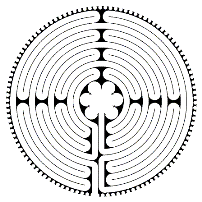
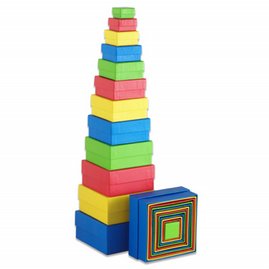


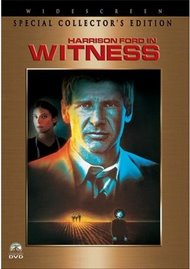



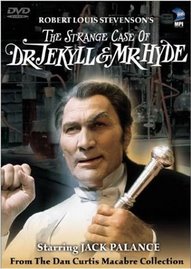

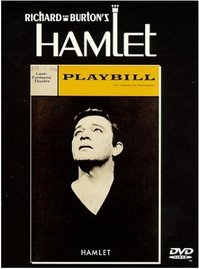
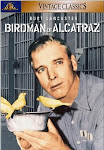

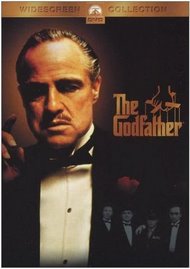
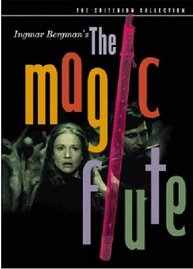

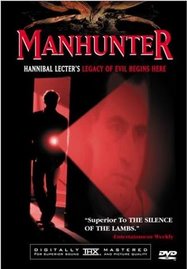
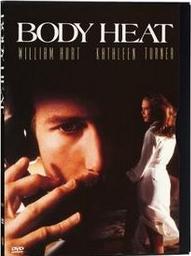


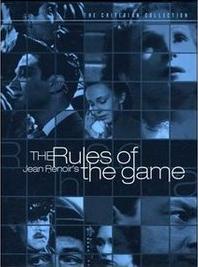

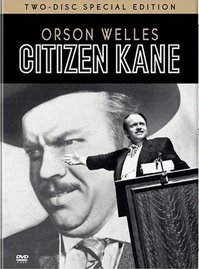



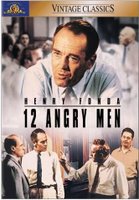





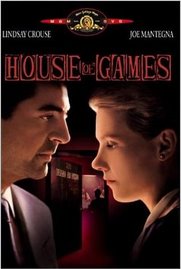





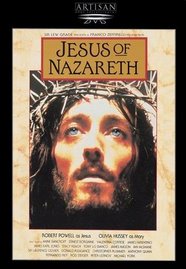




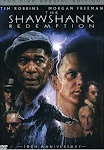







No comments:
Post a Comment